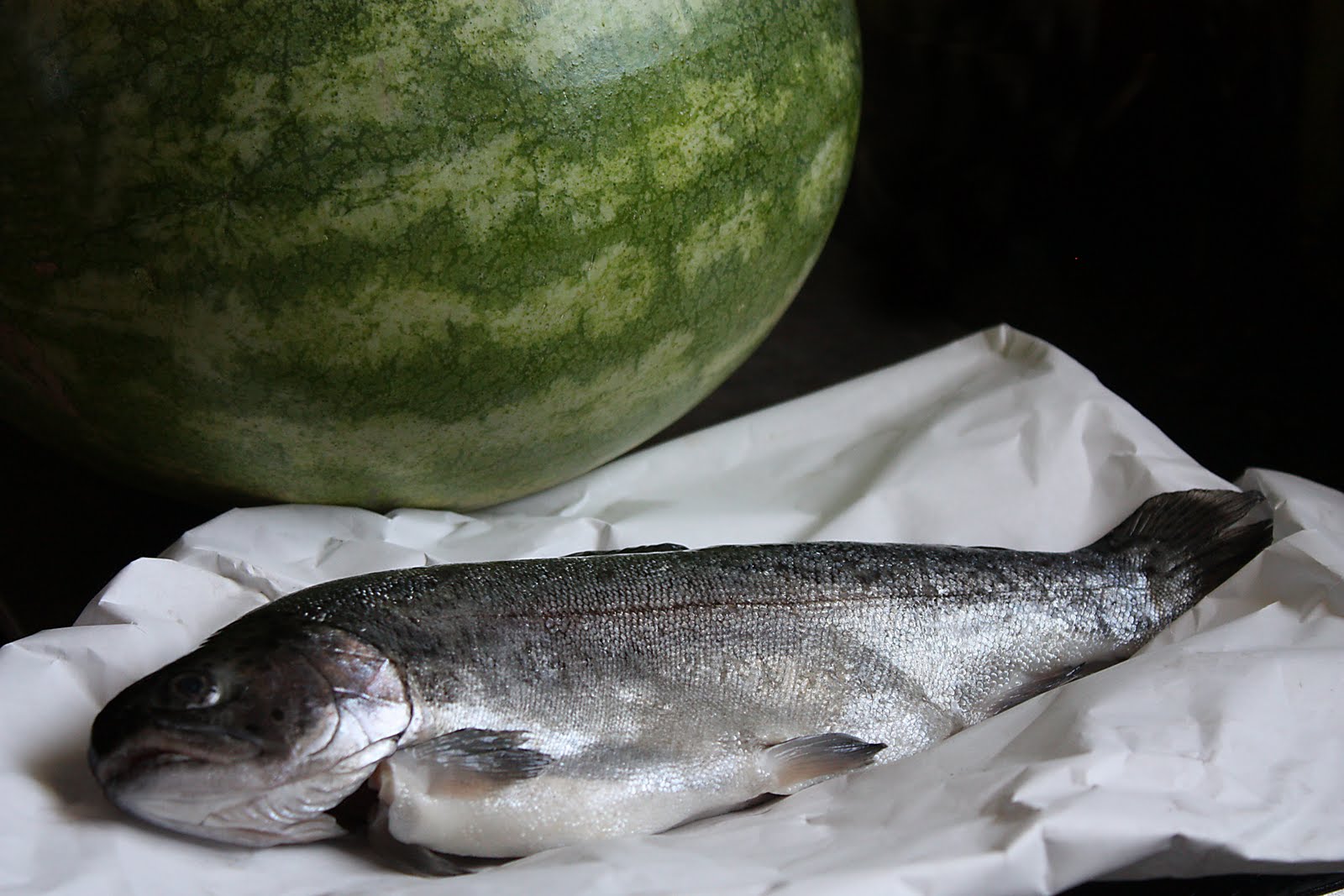A Comprehensive Guide for Parents: Astonishing Benefits of Fish and Watermelon for Your Children
As parents, it’s always our top priority to provide the best nutrition for our children. With the multitude of options available, it can sometimes be challenging to decide which food items can truly make a difference. This guide aims to simplify your decision by unlocking the health treasures hidden in two popular yet sometimes overlooked foods – Fish and Watermelon. Let’s dive in!
Understanding the Power of Fish
Children need a diet enriched with a variety of nutrients to grow and develop healthily. Fish categories like Salmon, Tuna, and Mackerel are a veritable powerhouse of such ingredients. Let’s unveil the reasons why parents should introduce fish into their children’s diet.
Building Blocks for Development
Fish is a wonderful source of high-quality protein which is essential for body growth and muscle development. Caught in the right waters and prepared in the right way, fish can become an indispensable part of your child’s diet.
The Magic of Watermelon
What if we tell you that watermelon, a kids’ all-time favorite fruit, isn’t just a tasty summer treat, but also a bundle of impressive health benefits? Surprised? Let’s delve deeper into what watermelon can do for your little ones.
Natural Hydration Source
Filled with around 92% water and equipped with important electrolytes, watermelon could make for a refreshing, hydrating delight on hot summer days when kids often forget to take enough fluids.
Stay tuned for more exciting facts about the nutritional value of fish and watermelon for your children in our subsequent blog posts!

Omega-3 Fatty Acids: The Brain Fuel
You’ve likely heard the term “brain food” thrown around and there’s no better way to describe the role of Omega-3 fatty acids from fish. They are crucial for your child’s brain development, aiding in everything from memory to behavior and attention span. Omega-3 also supports heart health, so it’s a double win!
Vitamins and Minerals: The Hidden Wealth of Watermelon
Not just water, but watermelon is rich in vitamins A, C, and B6, as well as fibre. These components are instrumental in improving eye health, boosting immunity, assisting digestive functions and promoting a healthy skin glow in children.
The Sweet Health Punch
You might ask, won’t the sweetness of watermelon contribute to unhealthy sugar levels? The great news is that despite being delightfully sweet, watermelons have a low glycemic load. This implies that the sugar from watermelon gets absorbed slowly, preventing sudden sugar spikes and crashes. Can it get any better?
Conclusion: It’s Time to Dive Into the Benefits
As a parent, adding fish and watermelon to your child’s diet can only mean investing in their development and overall health. So, next time your visit to the supermarket, don’t forget to add these two nutritional wonders to your cart. Remember, your shopping decisions today define your child’s health tomorrow!
A Note of Awareness
While the advantages of fish and watermelon are plenty, remember to opt for wild-caught fish over farm-raised ones to avoid harmful antibiotics and toxins, and pick pesticide-free, ripe watermelons also for the best health outcomes.
Enjoy the journey of parenthood with the right food choices for your little ones! Stay tuned for more insights on child nutrition.
Top 5 Things Parents Need to Know About Preparing Fish and Watermelon
1. The Importance of Fresh, High-Quality Ingredients
The first thing parents need to know about preparing fish and watermelon is the importance of choosing fresh, high-quality ingredients. Fresher fish is healthier and safe from harmful bacteria, while ripe watermelons are more flavorsome and enriched with nutrients.
2. Cleaning and Preparing Fish
Safety precautions for cleaning and preparing fish must be considered. This includes descaling, removing the internal organs, and thoroughly cleaning it before cooking. Some types of fish have small bones, be careful to remove these to avoid choking hazards.
3. Cutting Watermelon Safely
When preparing watermelon, parents need to be conscious of how it is cut. To avoid slipping or accidents, it should be cut on a flat, stable surface. Smaller pieces are not only easier for children to eat, but also reduce the risk of choking.
4. Healthy Cooking Methods for Fish
When it comes to cooking fish, there are several healthy options to choose from. Grilling, steaming, or baking are methods that maintain the nutritional content while providing diverse flavors.
5. Storing Leftovers Properly
Lastly, any leftover fish or watermelon should be stored properly. Fish needs to be refrigerated within two hours of cooking, while watermelon should be tightly sealed to maintain freshness. This not only ensures that the leftovers are safe for consumption but can also prolong their shelf-life.
By understanding these five aspects, parents can make the preparation process of fish and watermelon safer, healthier, and more enjoyable for everyone. Happy cooking!
For more great articles please see here. For more information see here
Disclaimer
The articles available via our website provide general information only and we strongly urge readers to exercise caution and conduct their own thorough research and fact-checking. The information presented should not be taken as absolute truth, and, to the maximum extent permitted by law, we will not be held liable for any inaccuracies or errors in the content. It is essential for individuals to independently verify and validate the information before making any decisions or taking any actions based on the articles.




